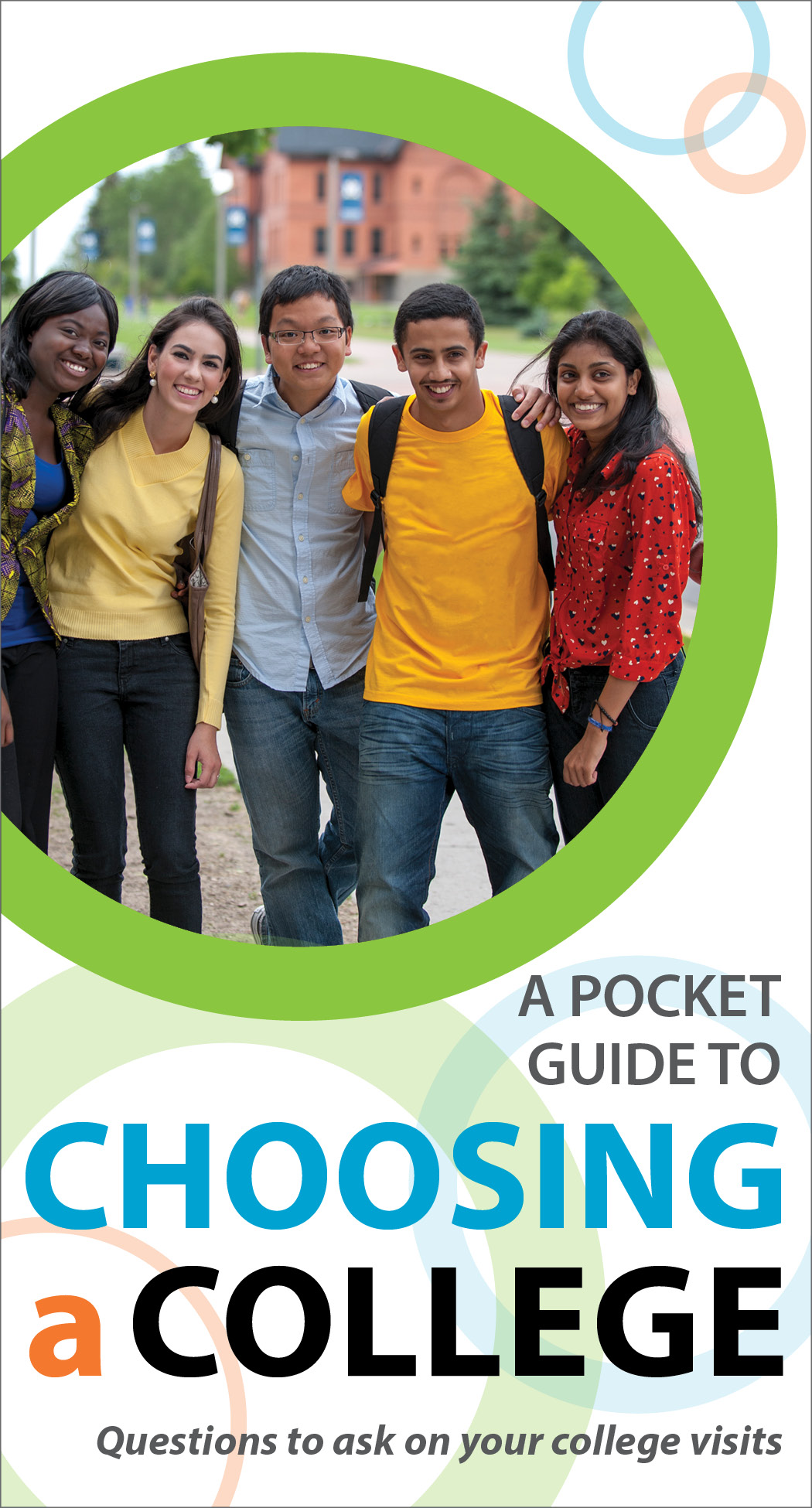NSSE Digital Pocket Guide: English
Questions to Ask on Your College Visits
Picking the right college is a big decision.
Go on campus tours. Sit in on classes. Eat in dining halls. Look through recent issues of student newspapers. Check out the college website.
But most importantly, be prepared to ask a lot of questions when deciding on a college.
This guide offers key questions to ask tour guides, admissions staff, faculty, and students about how much their college will support your learning and development.



